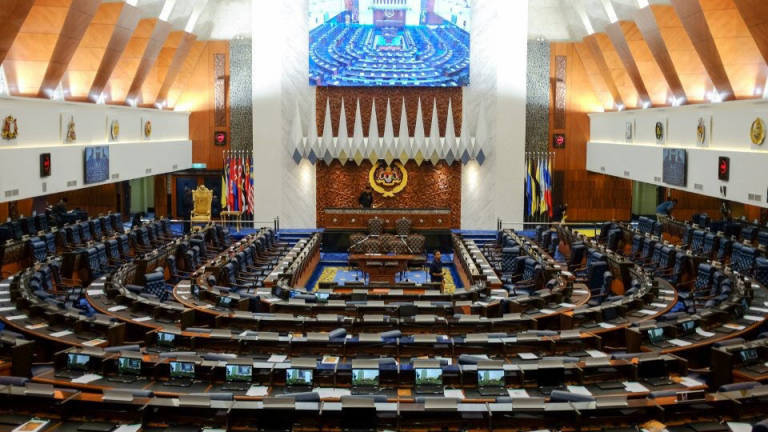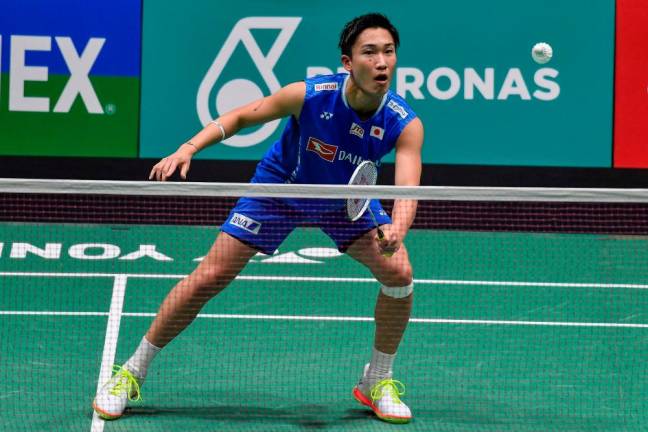MALAYSIA is in the throes of unprecedented upheaval that has brought about various challenges. Foremost is the Covid-19 pandemic that has decimated lives and livelihood and undermined the economy. Aside from this the country is facing a host of other challenges that may have a more lasting effect on the lives of the people and the wellbeing of the nation. This is the political imbroglio that is threatening the fragile fabric of our parliamentary democracy. One of which has to do with the sacred institution of Parliament.
The Malaysian Parliament, the legislature, is fashioned after the British Westminster model. But the etymology of the word parliament came from the French language, that is parlement meaning to talk, and supposed to be a place for the meeting of wise minds.
It is a bicameral Parliament composed of the Dewan Rakyat and Dewan Negara with the YDP Agong as the third component. Essentially, Parliament refers to the Dewan Rakyat, which serves three main functions, namely, to represent the electorate, to enact laws and to serve as a check and balance of governance through hearings, debates and oversight proceedings.
Throughout its history the Malaysian Parliament has only been suspended once, the result of the May 13, 1969 riots. From 1969 to 1971 the country was administered by the National Operations Council. Since then parliamentary sessions have functioned in accordance with parliamentary procedures and protocols.
It is only the recent parliamentary meeting that has seen the departure from the norm. On May 18, Parliament was convened only to listen to the address of the YDP Agong without the ensuing debate of His Majesty’s Speech, which features the government stand and position.
Parliament is a sacred institution where government and opposition elected representatives deliberate on the affairs of the nation in a decorous manner befitting men of good character possessing a high level of critical and intellectual faculties and acumen, who serve as role models for the people.
Every single member of Parliament should hold this august house in the highest esteem and must perforce abide by parliamentary protocols and procedures. It should not be corrupted and misused as a pawn in political shenanigans to deny the people’s rights to be heard through their representatives. For Parliament is the people’s court as its Malay equivalent, Dewan Rakyat, suggests. It affords an avenue for check and balance of government malfeasance.
Parliament is an important avenue where such matters could be exposed and rectified through the existing institutional agencies.
We have gone through two changes of government in the history of our parliamentary democracy. And have seen that irrespective of which coalition becomes the ruling authority, they have availed the various institutional agencies to serve their interests.
Parliament offers an important avenue to air grievances and to press for accountability.
Parliament is subject to the will of the majority and the whip of the ruling coalition will ensure that the outcome of any deliberation favours the majority. The opposition cannot do much, only to create an awareness to the electorate of infractions and malfeasances.
It will be a long time before we have members of Parliament who concern themselves with the merits of issues transcending partisan interests. This would be possible with members of Parliament who give substance and prominence to the needs and wellbeing of the electorate.
Mohamed Ghouse Nasuruddin is with the Centre for Policy Research and International Studies, Universiti Sains Malaysia. Comments: letters@thesundaily.com













